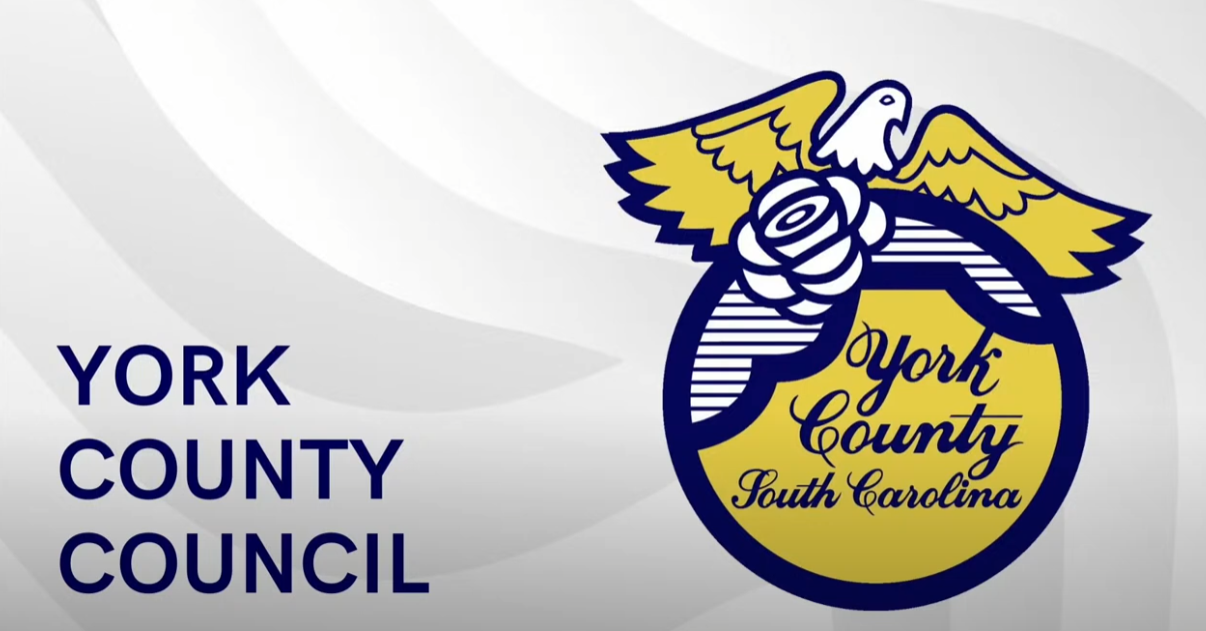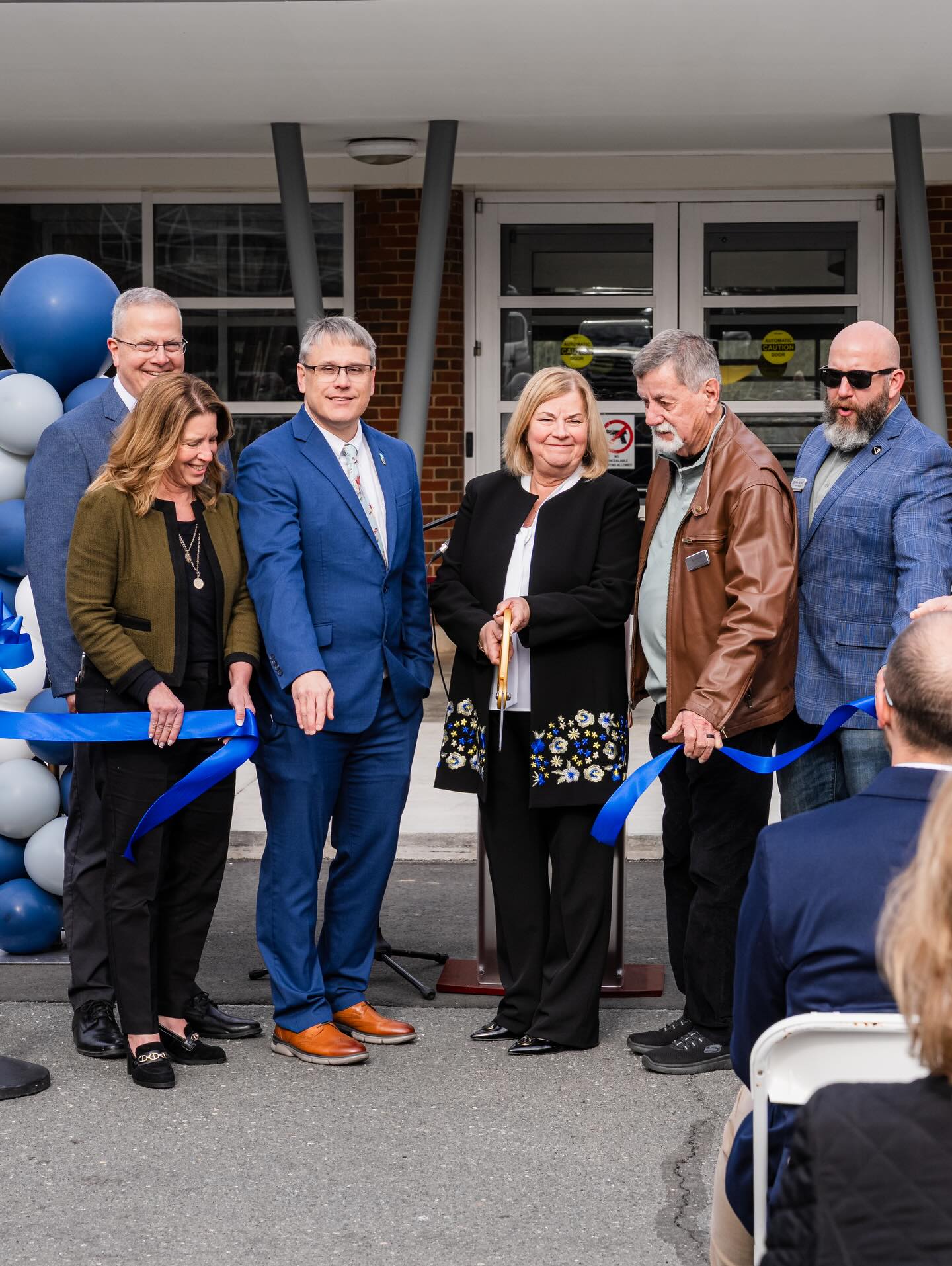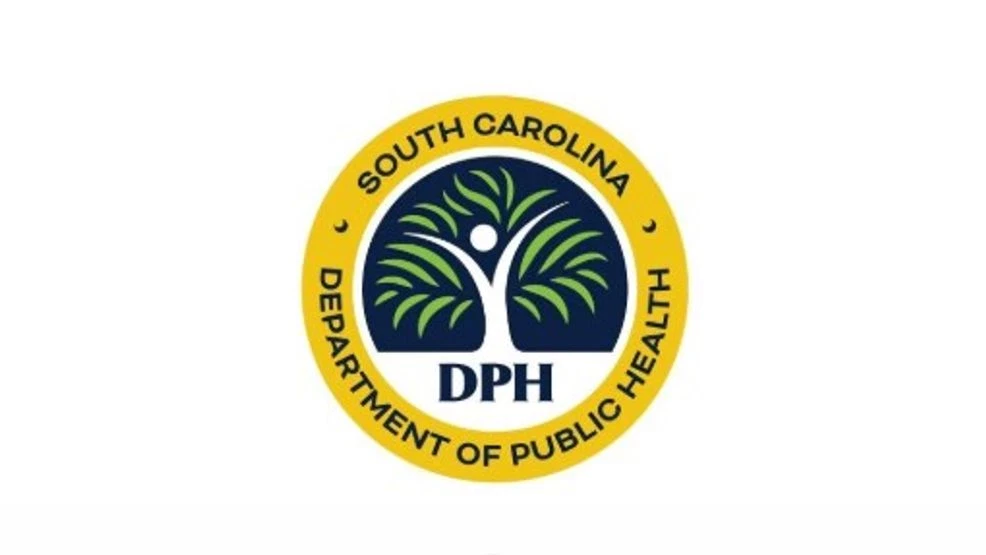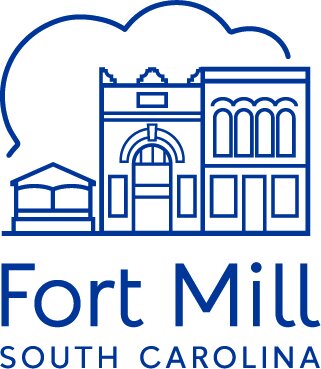The York County Council Workshop held on January 14, 2025, included detailed discussions on fiscal year (FY) 2024 actuals, FY 2025 operating budgets, and preparatory plans for the FY 2026 budget. Here is a comprehensive summary:
Key Highlights:
- Meeting Introduction:
- The meeting was opened by County Manager Josh Edwards, emphasizing the importance of setting the groundwork for upcoming budget discussions. The focus was on reviewing past fiscal performance, current operational metrics, and forward-looking strategies.
- FY 2024 Financial Overview:
- FY 2024 actuals showed strong financial performance due to higher-than-anticipated interest income and efficient cash management practices.
- Growth in the tax base, particularly post-COVID, significantly boosted revenues.
- Capital Projects Fund had a surplus from the General Fund, maintaining a healthy balance of $72 million by the end of FY 2024.
- FY 2025 Budget Updates:
- FY 2025 included continued growth in the budgeted mill value, with a 6-7% increase from FY 2024.
- Vacancies across various county departments, particularly in the Sheriff’s office, were identified as a key driver of budgetary surpluses.
- A $17 million transfer was projected for capital projects, alongside a planned $30 million for the Sheriff’s booking center expansion.
- Parks and Recreation funding included allocations for land acquisition and operational improvements, emphasizing immediate needs for existing parks and facilities.
- Capital Projects Discussion:
- The council discussed the allocation of $17 million for various projects, including maintenance and enhancements across county parks, infrastructure, and public services.
- The need for more detailed capital improvement planning (CIP) was underscored, with a focus on actionable 5-year plans.
- Future Budget Planning (FY 2026):
- Initial guidelines for FY 2026 were shared, highlighting priorities such as strategic planning, compliance with mandates, and maintaining balanced budgets without tax increases.
- Revenue forecasts and the importance of conservative financial projections were discussed in anticipation of potential economic downturns.
- Department directors will present their budgetary needs, aligning with strategic priorities.
- Parks and Recreation Master Plan:
- Immediate actions based on the Parks Master Plan were outlined, including staffing for new and existing parks and planning for underutilized land.
- A phased approach was adopted, with the current focus on operational readiness for existing parks and long-term planning for future acquisitions and developments.
- Workshops and Retreats:
- The council aims to host workshops focusing on specific aspects, such as vacancies, benefits, and capital projects.
- A potential council retreat was proposed for March to further refine budget strategies.
- Process Improvements:
- A digital budget book is being developed for increased transparency and accessibility.
- New training programs and presentations for department directors aim to enhance the budget submission and review process.
- Feedback and Questions:
- Council members raised concerns about the timing and transparency of budget allocations, particularly for special tax districts and external agencies.
- Discussions emphasized equitable treatment and strategic foresight in budgetary decisions.
The workshop reflected a comprehensive approach to fiscal planning, with an emphasis on maintaining financial health, addressing immediate operational needs, and preparing for long-term growth and sustainability.
Sign up for our Sunday Spectator. Delivered to your inbox every Sunday, with all the news from the week.









